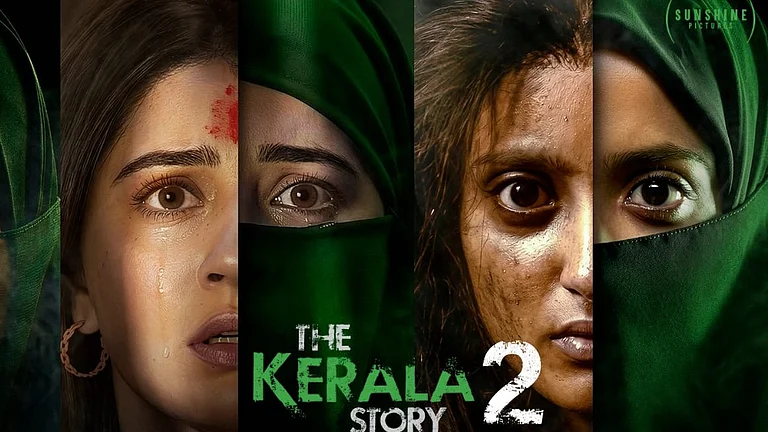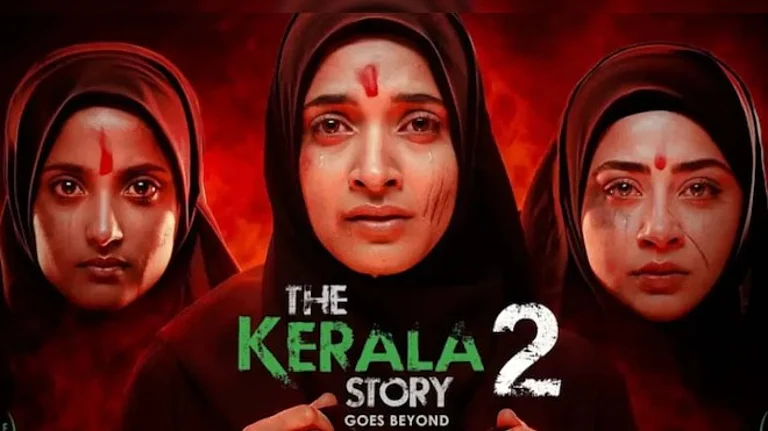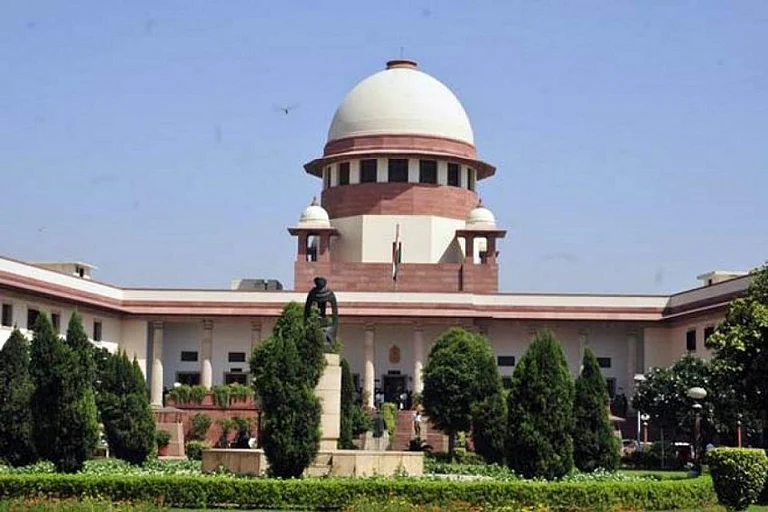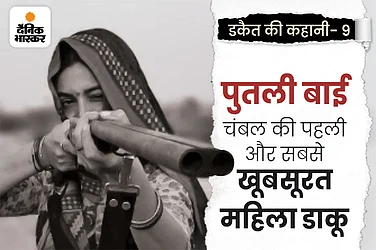
Summary of this article
Justice Sachin Datta quashed CIC’s 2017 order asking CBSE to provide Smriti Irani’s school records, ruling it was beyond RTI’s scope.
The court said educational qualifications are not a statutory requirement for holding public office and disclosure without strong public interest violates privacy rights.
Similar orders in PM Modi’s degree case were also struck down, with the court cautioning against RTI being used for sensationalism.
The Delhi High Court has ruled to set aside an order of the Central Information Commission (CIC) directing CBSE to provide copies of the Class X and XII records of BJP leader Smriti Irani.
According to Justice Sachin Datta, her educational background did not meet any legal requirements for her to hold public office or perform official duties.
According to PTI, consequently, the court granted the Central Board of Secondary Education's (CBSE) petition contesting the CIC's order from January 17, 2017, which instructed it to "provide certified copies of documents selected by the appellant free of cost, except personal details in admit card and mark sheet…" and "facilitate inspection of relevant records." It was said that the CIC orders were "de-hors" or outside the purview of the RTI Act's requirements.
In his 175-page ruling, Justice Datta also addressed the issue of PM Narendra Modi's degree.
Delhi University contested the CIC order in PM's case, requesting that it reveal information about his bachelor's degree.
In PM Modi's degree matter, the court declared the CIC order to be "personal information" and invalidated any "implicit public interest."
PTI reported that, the high court in Irani's case also determined that there was "no implicit public interest" in the information requested by the Right To Information (RTI) application.
"Again, the educational qualifications concerned are not in the nature of any statutory requirement for holding any public office or discharging official responsibilities," it stated.
According to the court, in order for disclosure to be considered in the public interest under Section 8(1)(j) of the RTI Act, there must be an overwhelming need to safeguard or advance a major public cause.
It must be emphasised that sharing academic information without a compelling public interest would violate the right to privacy guaranteed by the constitution, following K S Puttaswamy (above). It stated that the fact that the information sought concerns a public figure does not negate the right to privacy or secrecy over personal information that is not related to public duties.
Justice Datta further said, "what may superficially appear to be an innocuous or isolated disclosure" could open "floodgates of indiscriminate demands, motivated by idle curiosity or sensationalism" instead of an objective "public interest" consideration.
"The RTI Act was enacted to promote transparency in government functioning and not to provide fodder for sensationalism," the court said.
The CIC's direction to the private school to trace the roll number of the public functionary concerned (whose personal information was sought) and provide the same to the CBSE was held to be "completely de-hors the provisions of the RTI Act".
"Whether the (then) Union HRD Minister Smriti Irani has cleared the matriculation examination in the year 1991 and intermediate examination in the year 1993 from your Board?" was one of the questions Mohd Naushadudin asked the CBSE in his RTI application. "If yes", the requester said, "then I want xerox copies of her class X and XII admit card (hall ticket) and mark-sheet." The RTI petitioner filed a first appeal with the CBSE's First Appellate Authority after the public information officer rejected the requested information, and the PIO's decision was affirmed.
The RTI applicant, unhappy with the decision, appealed again to the CIC, who ordered the CBSE to furnish the data.






















